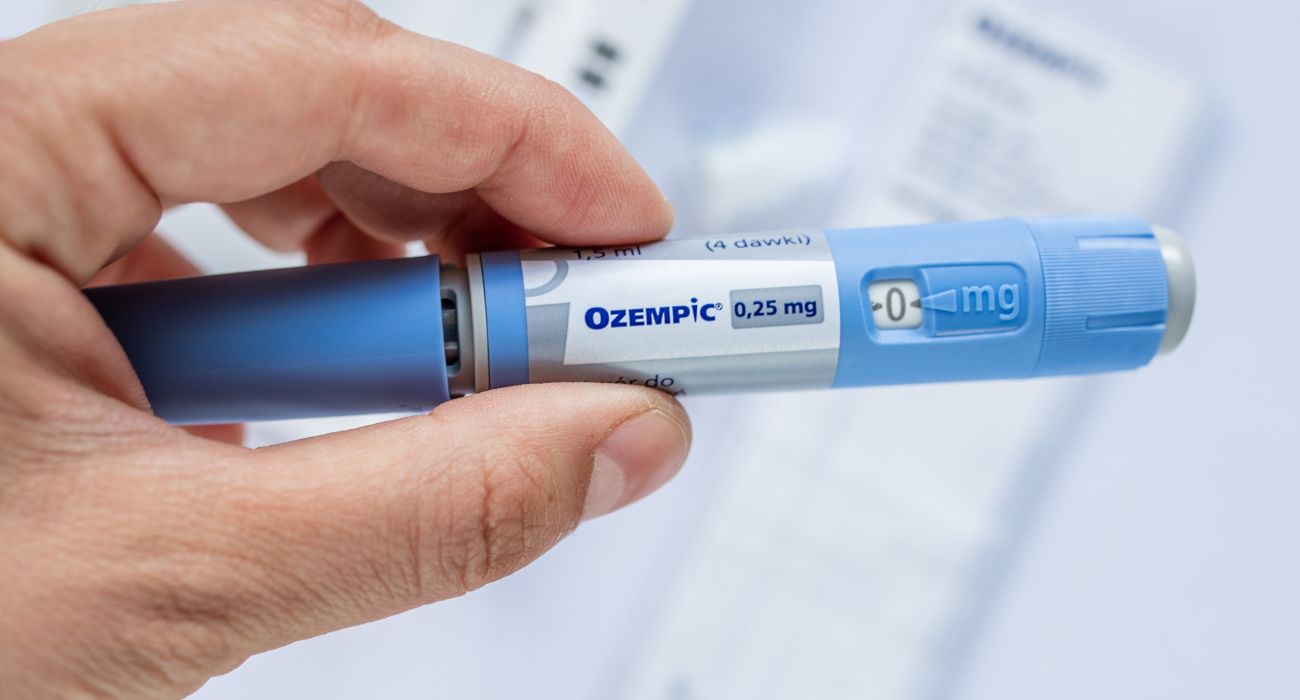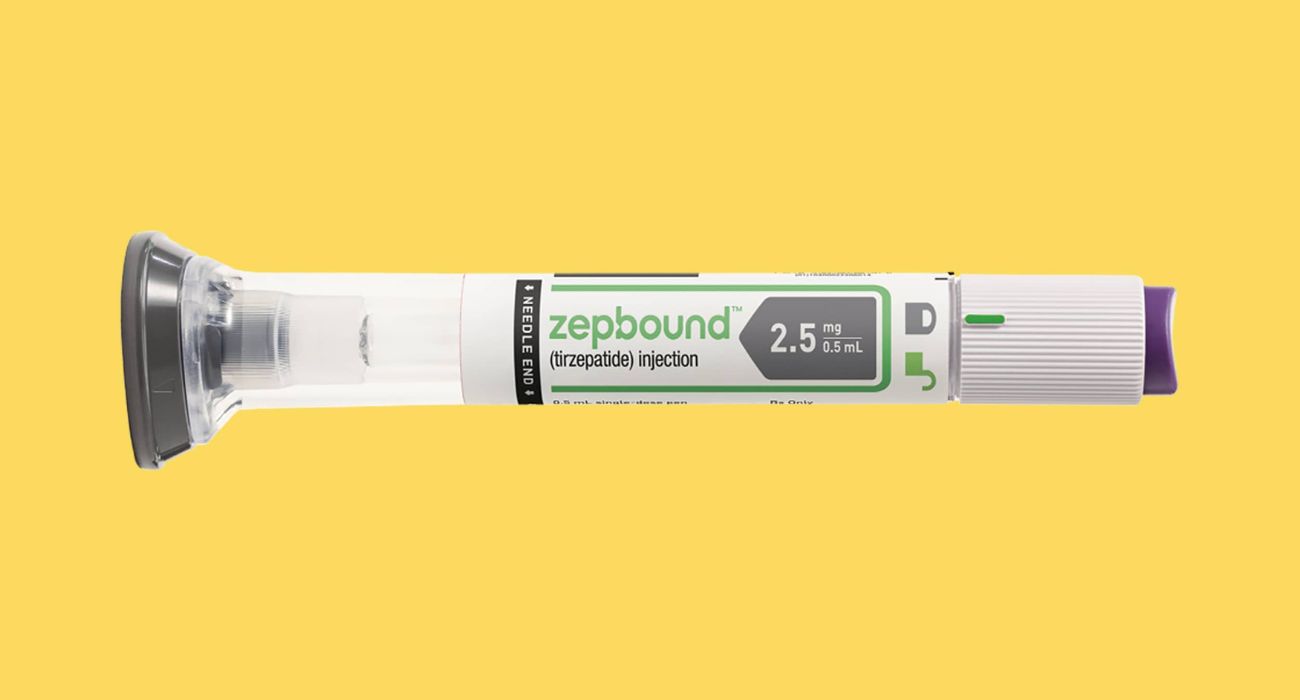While weight-loss drugs have been dominating headlines lately, a number of foods actually produce similar effects on the body.
Ozempic and Wegovy are two relatively new drugs with the active ingredient semaglutide, which has been shown to help manage Type 2 diabetes. The injectable medications also proved effective as a weight-loss drug for those suffering from obesity, as The Dallas Express previously reported.
Obesity has become a serious epidemic in the United States, resulting in numerous medical complications and early deaths. North Texas has been particularly affected by the epidemic, especially the Dallas-Fort Worth metroplex, as previously reported in The Dallas Express.
Although many health experts have said that the obesity epidemic cannot be overcome solely with weight-loss drugs, demand for them among the general public has soared, and telehealth companies have thrown fuel on this fire by advertising them on social media sites like Instagram.
However, with drug supply shortages, increased awareness of adverse side effects, and high prices limiting ease of access, many people are starting to question these weight-loss drugs and look around for alternatives.
First, it is important to know how semaglutide works.
Semaglutide mimics a naturally occurring hormone in the body called GLP-1. This hormone signals to the body that food has been consumed so that the body prepares to utilize it for energy. As such, semaglutide makes the body believe it is full by inducing satiety and curbing the appetite, per Science Alert.
Macronutrients such as simple sugars, peptides, amino acids, and short-chain fatty acids have been found to do the same thing.
Consuming foods rich in these nutrients can trigger the secretion of GLP-1 and increase the levels of GLP-1 in the body. This includes foods with good fats like avocados or nuts, lean protein sources such as eggs, and the fermentable fibers found in vegetables and whole grains.
Magnesium supplementation has also yielded positive results due to its role in metabolizing sugar in the blood, along with berberine and aloe vera.
Diets high in fats, fiber, and protein can all promote satiety and help individuals feel fuller for a longer period of time. This is why dietary changes are considered a crucial aspect of managing both weight and Type 2 diabetes.
The Centers for Disease Control and Prevention expects rates of Type 2 diabetes — which is a metabolic disorder associated with unhealthy lifestyles — to soar in the coming years, with as many as 220,000 people under the age of 20 projected to have the disease by 2060.
While dieting and calorie restriction are useful ways to achieve and maintain a healthy weight and lower the risk of Type 2 diabetes, it is not a simple process for everyone.
Some people may have a different “set point” for their weight and hunger, per Science Alert.
For those suffering from obesity, research suggests that they may have lower GLP-1 levels following meals due to various factors such as reduced GLP-1 production, increased breakdown, or fewer receptors. Genetic differences could also be a contributing factor to the variation in GLP-1 levels.
With that in mind, some might turn to weight-loss drugs as a solution. However, Ozempic and similar medications can lead to adverse effects, such as nausea, vomiting, diarrhea, and potential organ issues. Also, once an individual stops taking the medication, their suppressed appetite will gradually return, causing them to feel hungry again.
Dietary changes, such as consuming nutrient-rich, minimally-processed foods, may require more time and effort, but they are more cost-effective and safer for most people than weight-loss drugs.







EXCELLENT article with profound, valid alternatives to drugs!
QUOTE from article:
This includes foods with good fats like avocados or nuts, lean protein sources such as eggs, and the fermentable fibers found in vegetables and whole grains.
Magnesium supplementation has also yielded postive results due to its role in metabolizing sugar in the blood, along with berberine and aloe vera.
Diets high in fats, fiber, and protein can all promote satiety and help individuals feel fuller for a longer period of time.
This is why dietary changes are considered a crucial aspect of managing both weight and Type 2 diabetes.